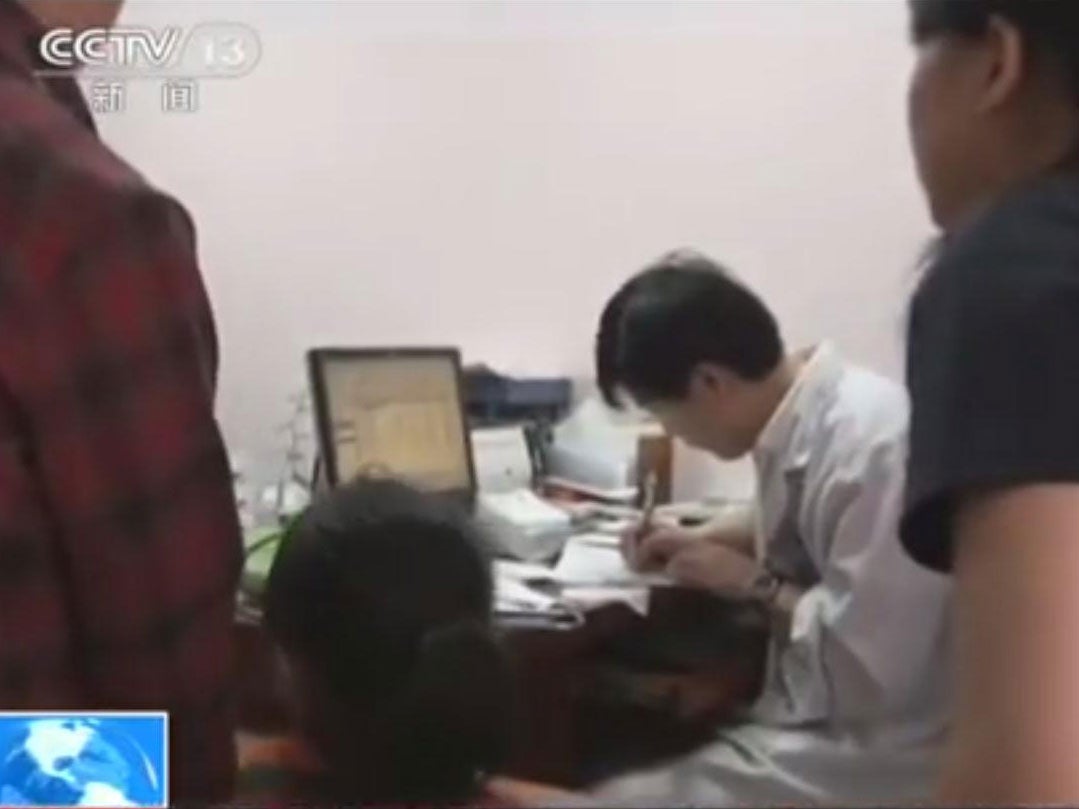Official blames 'chewing pencils' for lead poisoning in 300 children in China as factory shut down
Blood tests revealed dangerously high levels of the metal in children

A chemical plant in China has reportedly been shut down after more than 300 local children were poisoned with lead.
Tests found children in Dapu, in Hengdong county, had excessive levels of the toxic metal in their blood, according to the local government.
The Chinese national standard is of 100 micrograms per litre of blood but some children densities as high as 501 micrograms per litre, China Daily reported.
Research showed that the nearer they lived to the Meilun Chemical Materials Limited factory, the worse the poisoning.
Speaking on China Central Television (CCTV), the head of Dapu, Su Genlin, claimed the contamination might come from the plant.
“Children bite pencils, which may also cause the excessive levels of lead (in their blood),” he was quoted as saying.
His comments provoked outrage in the Chinese media, with editorials voicing fears that safety concerns were being overlooked in areas dependant on industry.
Although the core is still known as “lead”, pencils are actually made of graphite and clay.
Local residents reported the factory was discharging untreated dust and waste water, both of which could contain lead, according to China's state news agency.
Excessive amounts of lead in the blood damages the nervous and reproductive systems and can cause high blood pressure and anaemia. In severe cases, it can lead to seizures, comas and death.
Safety officials from the Hengdong county government - a part of Hunan province - have launched an investigation into the plant.
A Dapu resident called Tang, who did not give her full name, said that tests on her 14-year-old son, Li Long, showed excessive lead in his blood.
“Luckily the lead densities in his blood test are not way too high,” Tang said.
After becoming aware of the plant's suspected pollution last year, nearby residents began drinking bottled water instead of water from the well, she added.
A Greenpeace report on contaminated rice crops earlier this year found toxic levels of lead and other metals, including cadmium, in parts of Hunan province near industrial complexes.
Join our commenting forum
Join thought-provoking conversations, follow other Independent readers and see their replies
Comments
Bookmark popover
Removed from bookmarks